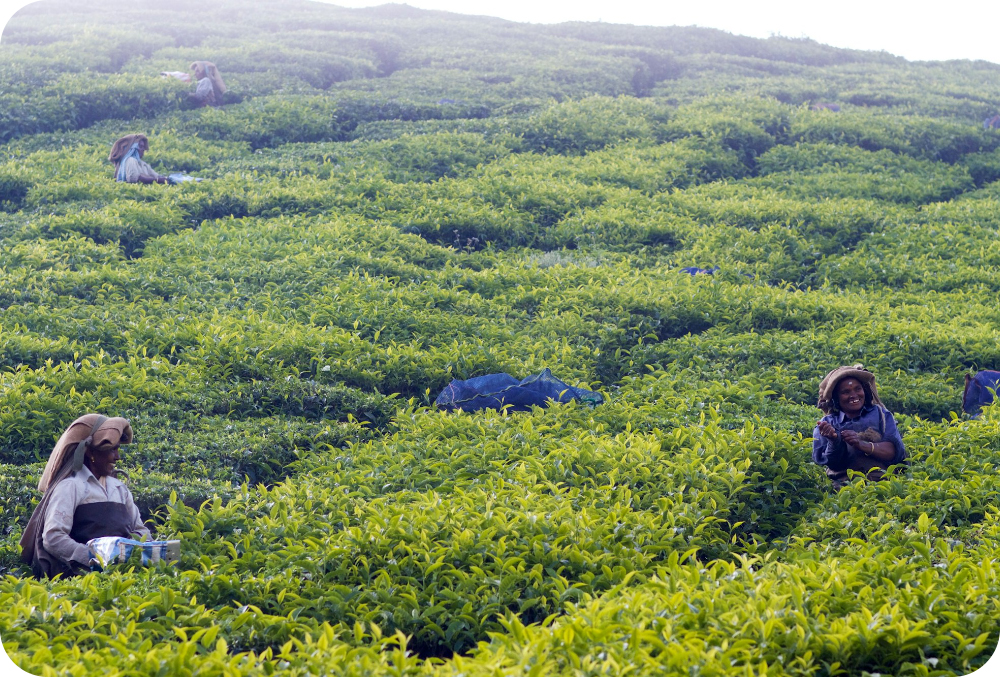May 21st marks the United Nation’s International Tea Day, a day dedicated to learning about and appreciating the work put into tea production for countries and cultures around the world, as well as securing the tea industry’s future as demand continues to rise and climate change disrupts growing conditions.
Tea Production and Sustainability
The process of producing this essential crop contributes to the UN’s Sustainable Development Goals, namely: the reduction of extreme poverty, the fight against hunger, the empowerment of women, and the sustainable use of terrestrial ecosystems.
These goals naturally align with and encompass human rights, and the United Nations Human Rights Index aims to protect and enforce these protections. ARCUS® Supplier Management Software integrates with the Human Rights Index database, continually and automatically maintaining relevant data to ensure ethical compliance within the supply chain.
Tea production is a major source of income for less-developed countries, and in remote and poorer areas, it is a key provider of jobs.
“Tea can play a significant role in rural development, poverty reduction and food security in developing countries” – the United Nations
As the second most consumed drink worldwide (after water), demand for tea is expected to rise – and as a result, concerns have been raised about the sustainability of current tea production standards.
There is an apparent need to raise awareness of the importance of tea, and to improve the tea supply chain to be able to cope with the increased demand as well as disruptive growing conditions caused by climate change.
Tea Production and Climate Change
Tea leaves are particularly sensitive to changes in growing conditions. The plants can only be grown under specific agro-ecological conditions which limits the number of countries where production is viable.
These countries are also set to be heavily impacted by climate change.
Progressively extreme weather patterns including increases in both flooding and droughts are already affecting crop yield, quality, and price – threatening both supply and local livelihoods.
Adaptation measures must be put in place, as well as the overarching cause (climate change) addressed. In order to sustain supply chains for the future, positive changes must be adopted.
The Science-Based Targets initiative, whose database can integrate with ARCUS® Supplier Management Software, are a good example of an organisation driving positive change into the private sector.
By holding companies accountable to their sustainability targets in a public setting, SBTi encourages organisations to uphold the standards they have promised.
The Supply Chain and ARCUS® Supplier Management Software
ARCUS® Supplier Management Software can help supply chain professionals ensure their supply chains, tea-based or otherwise, are sustainable by providing visibility and oversight of supplier data.
Supplier compliance is assured using ARCUS®, which integrates with over 20 trusted third-party data sources which automatically update supplier information for increased accuracy. Other key supplier data such as environmental impact via the ISO 14001 accreditation and modern slavery documents can be verified using Artificial Intelligence, saving time and assuring sustainability and ethicality throughout the supply chain.

